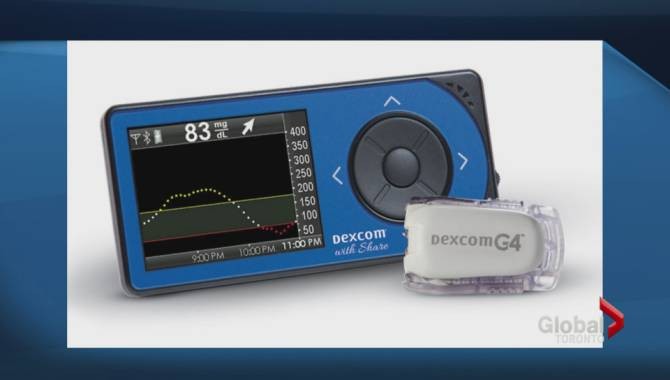Google's Life Sciences division plans to develop a bandage-size wearable device that monitors glucose levels in blood, which could be a game changer in diabetes' treatment. The revolutionary gadget provides a cheap, disposable tool to help continuously track blood sugar amounts and contain the medical condition.
Google will team up with DexCom, a maker of glucose monitoring systems. They will develop innovative medical tech in devices that are smaller and cheaper than ones already on the market. That includes the new blood sugar monitor.
Diabetes, including the most common type 2 variety, is a disease in which levels of blood glucose are higher than normal. Monitoring of blood sugar is critical and can be life-saving.
Physicians usually suggest that diabetes patients use treatments such as eating a healthy diet, doing exercise regularly, and taking their prescribed medications. However, glucose-level monitoring is also critical.
The "sensor" instrument would link to cloud storage. It would continuously track glucose levels for both type 1 and type2 diabetes.
Google hopes that within time its new product could become a substitute for glucometers. They usually require patient to use the painful finger-prick test.
The two companies' tech-medical partnership hopes to launch a commercial wearable device soon. Their goal is within two or three years, according to Nat Monitor.
Besides blood sugar monitoring, the Google gadget would have other features such as no calibration, and the ability to talk with a user's smartphone. It would also end the messy "stick the finger" method.
Andrew Conrad is Google Life Science's head. He said that the company is dedicated to creating new tech that transforms health care from "reactive to proactive," according to The Weekly Observer.
Around 29 million Americans suffer from diabetes and up to 95 percent have the type 2 variety, based on figures from the Centers for Disease Control and Prevention (CDC). Furthermore, one-fourth are unaware they have the health condition.



























